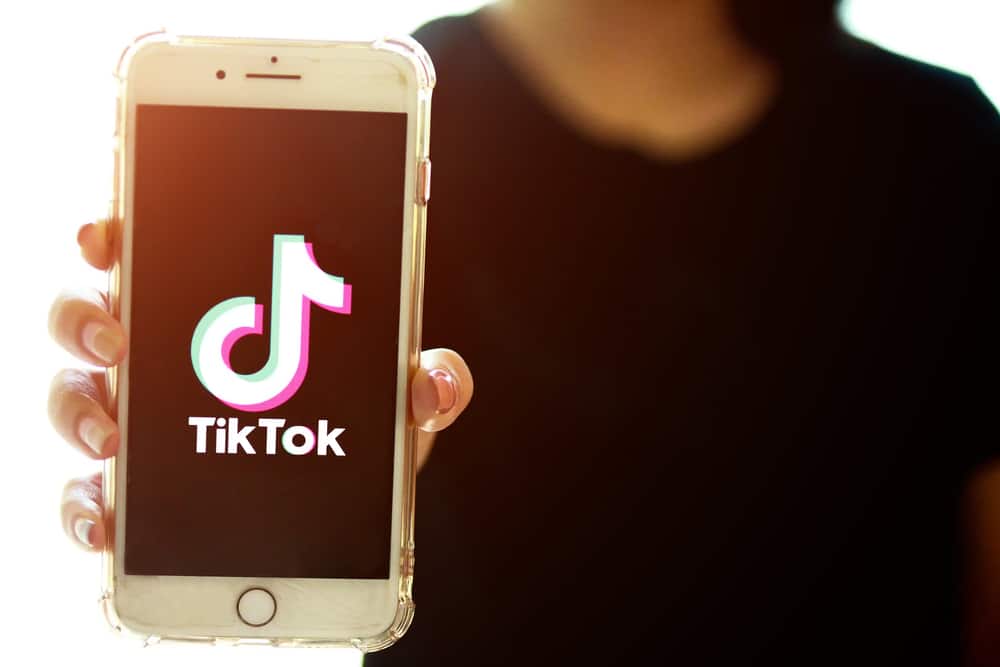The deal between TikTok with Oracle and Walmart is perceived as a national security threat by the Trump Administration. An executive banning order was issued on August 6 and is due to be implemented banning U.S. app stores from offering it.
The ongoing saga started in early August when Microsoft announced its bid to purchase TikTok, a Chinese company owned by ByteDance. It wasn’t long after that Walmart announced it planned to team with Microsoft in the deal. By mid-August, Oracle also put in a bid for the social media app.
ByteDance refused to sell its U.S. to the American tech giant, and talks continued with Oracle and Walmart. Even though the finalized deal has not been made public, a new U.S. based company is to be formed call TikTok Global. Oracle will have a 12.5% holding, Walmart 7.5%, and ByteDance 80%. The board will consist of ByteDance Founder, Zhang Yiming, and four U.S. citizens.
Some confusion arises from the statements made about TikTok Global. ByteDance says it will be a subsidiary whereas Oracle maintains that ByteDance won’t have ownership.
Things got even more complicated when Trump announced there could be no deal if ByteDance had anything to do with it. Tensions continue between China and the U.S. as officials here express concerns about the personal data of American users fearing they will be handed to the Chinese government.
Meanwhile, ByteDance is waiting for an export license from China, since the government there updated its export restrictions in August. CNBC has reported the Chinese included technologies “recommendation of personalized information services based on data analysis,” on its restrictions.
The ban on TikTok was to be implemented on Sept 20 but was delayed by a week, and the Commerce Department announced it was because of “positive developments.”
It remains to be seen how the U.S. government will respond to federal judge Carl Niehaus’s decision on TikTok’s complaint on Thursday. They have until late Friday to delay the ban or file their response to the complaint.
So far, the Chinese government has made no response but a state-backed newspaper called it a “dirty and unfair” deal. Tik Tok also feels the restrictions have more to do with political considerations considering the upcoming U.S. elections and nothing to do with national security.



